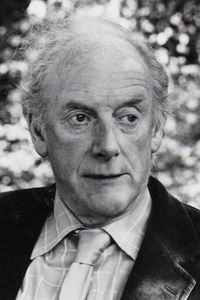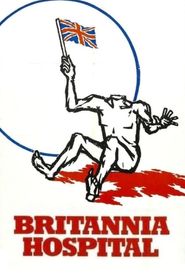Graham Crowden was a towering figure in the world of Scottish character acting, boasting a career that spanned over half a century. Born into a family of Scottish Presbyterian classics teachers, he was the third of four children, and his early life was marked by a strong academic foundation.
Following his studies at Edinburgh Academy, Crowden's first foray into the world of work was a job a at tannery in Edinburgh. However, his military ambitions were soon to take center stage, as he joined the Royal Scots Youth Battalion in 1940. Unfortunately, his time in the military was cut short when he was accidentally shot by his own platoon sergeant, leaving him invalided out.
Despite this setback, Crowden's passion for the stage only grew stronger, and he went on to work as a student assistant stage manager at the Memorial Theatre in Stratford-upon-Avon in 1944. This experience was followed by a stint in repertory theatre in Dundee, Glasgow, Nottingham, and with the Bristol Old Vic.
As his career continued to flourish, Crowden became a mainstay of the Royal Court, and later joined the esteemed ranks of the Royal Shakespeare Company and Laurence Olivier's National Theatre. His imposing physical presence, coupled with his incisive manner, resonant voice, and larger-than-life personality, made him a natural fit for eccentric portrayals of mad scientists or flawed men-of-the-cloth.
One of Crowden's most iconic film roles was that of the maniacal chief surgeon in Lindsay Anderson's Britannia Hospital (1982). In television, he made a memorable appearance as one of the most over-the-top villains in the long-running series Doctor Who (1963),opposite Tom Baker.
Later in his life, Crowden found success in television comedies such as A Very Peculiar Practice (1986) and Waiting for God (1990),opposite Stephanie Cole. He continued to act until shortly before his passing, leaving behind a legacy that cemented his status as one of the most recognizable and reliable British screen actors of his generation.



















































































